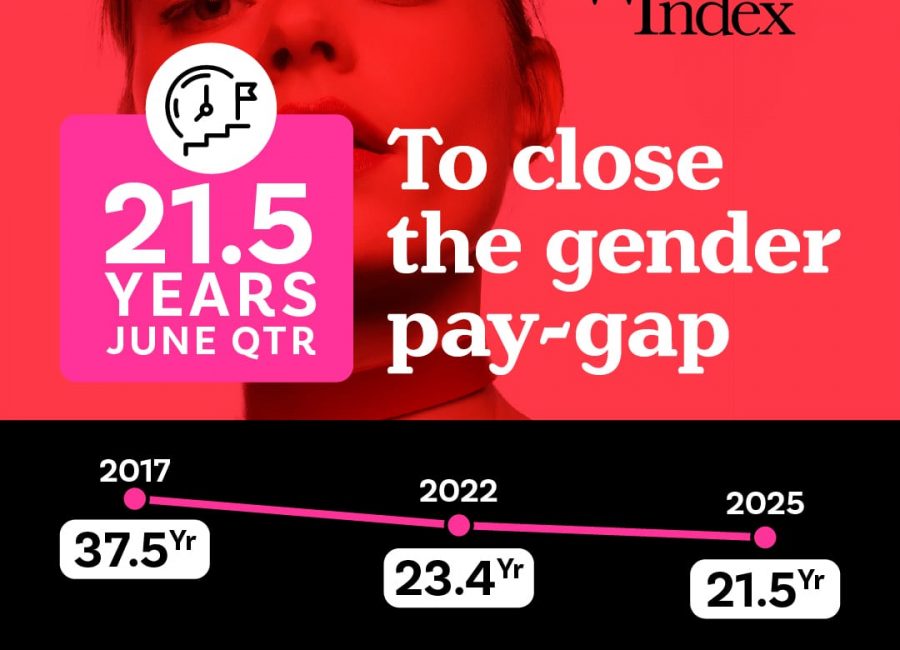There are some numbers that make you a better investor, problem is many of us just ignore them.
Much the same as when they tack sport onto the end of the news bulletin, I have an uncanny ability to tune it out.
Not on purpose – I just have zero interest in sport, and I bet many of you have zero interest in the price of gold or Texas crude oil.
I get it, but there are some numbers in the world of economics that have a real impact on you and your life.
1. GDP Growth
This is a simple number with a huge amount of stuff sitting behind it.
Gross Domestic Product Growth is a sign of how well the economy is doing.
And when the economy is growing, things are pretty good.
There are lots of jobs, people spend money, investments grow in value.
If the economy is going backwards, it’s called ‘negative growth’.
GDP growth is measured every quarter and if you have two consecutive quarters of negative growth, that is a recession.
Here in Australia we’ve now had over 100 consecutive quarters of positive growth.
2. Inflation
Measured as the Consumer Price Index (CPI), this tells us how much prices have moved.
They take a ‘basket’ of goods and services – food, clothes, school fees, petrol etc – and track how much people are paying for them.
Some prices go up, and other prices go down.
When they are all added and averaged, it gives us the inflation rate – most recently 2.1 per cent.
Why does this matter?
Well every time things get more expensive, the money you have is worth less. So you don’t want inflation to be too high.
But if it doesn’t grow at all, it’s a sign that the economy isn’t healthy, so you don’t want it too low either.
The Reserve Bank has decided the ‘just right’ level of inflation is 2-3 per cent, so this is their ‘target inflation band’.
Inflation matters, not just because it affects your spending power, but because it drives interest rates. If you have a mortgage, that matters.
And if you don’t, it still matters, because it affects the price of the property you might buy one day and the investors buying the property you rent.
3. Wages Growth
You should care about wages growth because it relates to your market price as an employee.
On a national scale, it’s getting harder to march into your boss and ask for a pay rise.
So you need to make sure you stay relevant and in-demand, and that you’re acquiring new skills that increase your value.
You may also need to be realistic about your pay rise expectations.
These numbers make a genuine difference to our lives.












